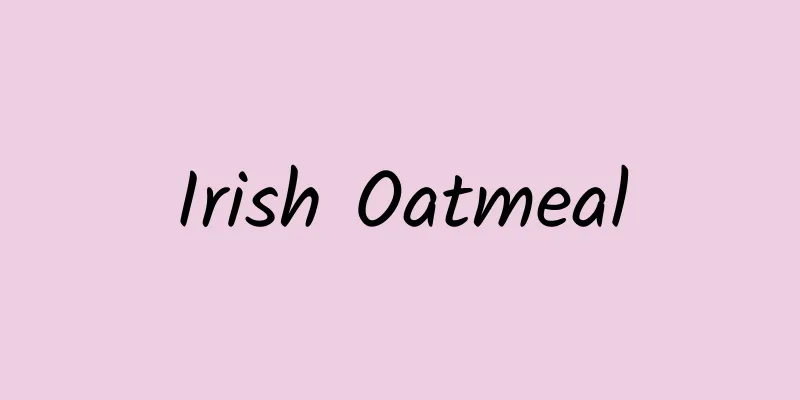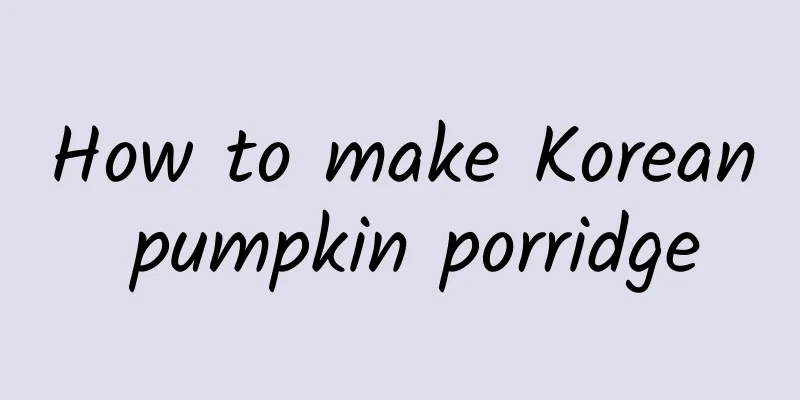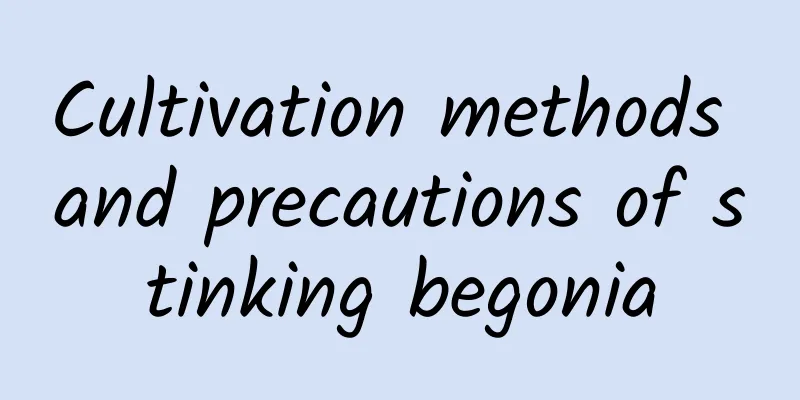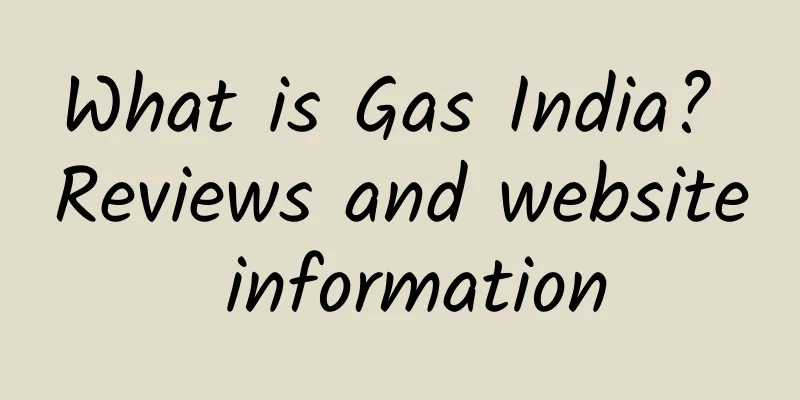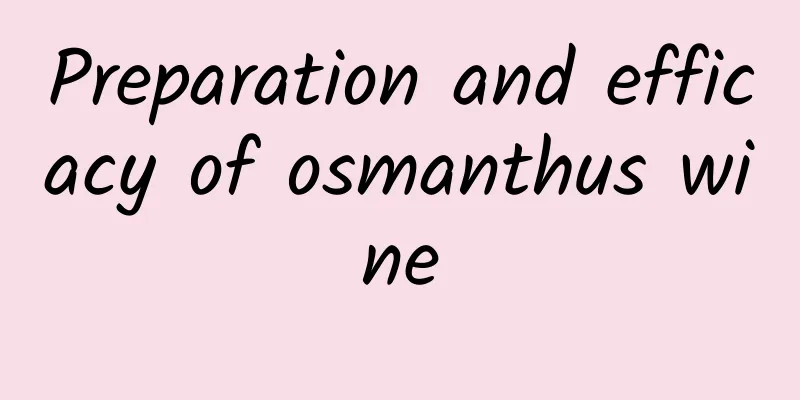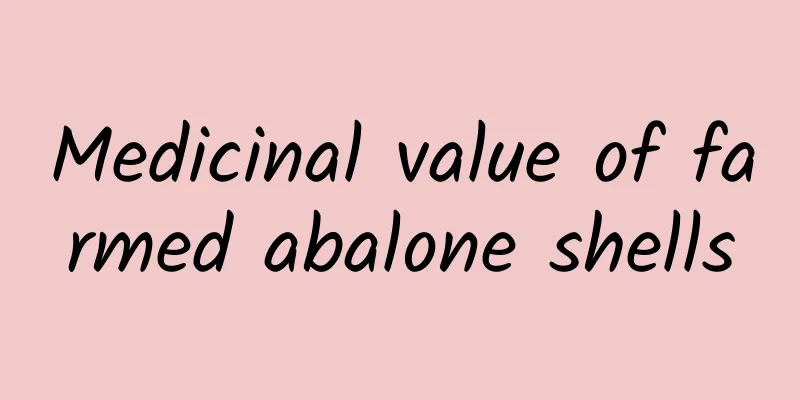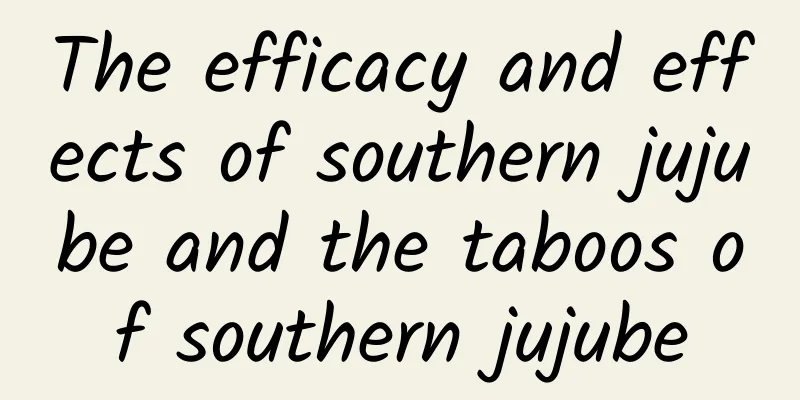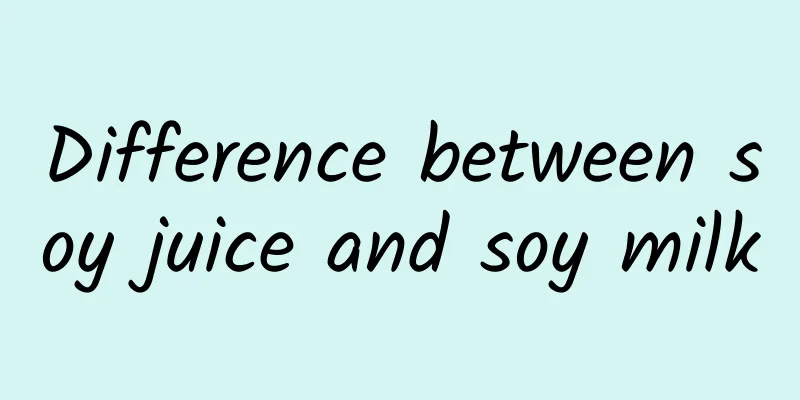What is the German Free Democratic Party like? German Free Democratic Party reviews and website information
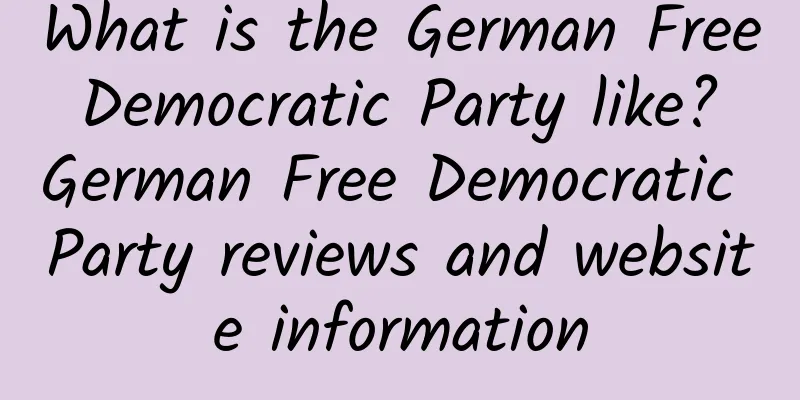
|
What is the website of the German Free Democratic Party? The Free Democratic Party (German: Freie Demokratische Partei; abbreviated: FDP) is a political party with a long history in Germany. It was founded on December 11, 1948. From 1968 to 2001, the Free Democratic Party was abbreviated as FDP. The current chairman is Philipp Roesler. Website: www.liberale.de The Free Democratic Party of Germany (Freie Demokratische Partei, FDP for short) is one of the oldest political parties in Germany, founded on December 11, 1948. Since its establishment, the FDP has played an important role in the German political arena, especially in promoting liberalism, market economy and individual freedom. This article will explore the history, philosophy, organizational structure, important figures of the FDP and its influence in German politics. Historical backgroundThe establishment of the FDP can be traced back to the reconstruction period of Germany after World War II. In 1948, some liberals and intellectuals gathered together and decided to establish a new party to promote the democratization and economic liberalization of Germany. The establishment of the FDP marked the revival of the German liberal tradition, whose core concepts include individual freedom, market economy, rule of law and limited government. In its early years, the FDP occupied an important position in the Bundestag and formed coalition governments with other parties on several occasions. From 1968 to 2001, the FDP was known as the FDP, but it was later restored to the FDP. In the 1970s and 1980s, the FDP ruled together with the Christian Democratic Union (CDU) and the Social Democratic Party (SPD), and had a profound impact on Germany's economic policies and social reforms. Core ConceptThe core philosophy of FDP can be summarized as liberalism, emphasizing individual freedom, market economy and rule of law. FDP advocates reducing government intervention, encouraging market competition, and supporting innovation and entrepreneurship. In addition, FDP also emphasizes the importance of human rights, civil liberties and democratic systems. In terms of economic policy, the FDP advocates tax cuts, reduced government spending, privatization and deregulation. The FDP believes that the market economy is the best way to create wealth and promote social progress, and the government should provide a fair competitive environment rather than directly intervene in economic activities. In terms of social policy, the FDP supports individual freedom and the right to choose, and advocates the protection of citizens' privacy and freedom of speech. The FDP also supports educational reform, emphasizing the personalized development of students and the autonomy of teachers. Organizational StructureThe FDP's organizational structure includes a federal leadership and local branches. The federal leadership includes the Federal President, the Federal Executive Committee and the Federal Congress. Local branches include FDP organizations and local branches in each state. The Federal President of the FDP is the highest leader in the party and is responsible for formulating the party's policies and strategic direction. The current Federal President is Philipp Rösler, who was elected in 2011 and is one of the youngest presidents in the history of the FDP. During Rösler's tenure, the FDP has made significant progress in promoting economic liberalization and education reform. The FDP's Federal Executive Committee is composed of the main leaders of the party and is responsible for overseeing the party's daily operations and decision-making. The Federal Congress is the FDP's highest decision-making body, composed of party representatives from state and local governments, and is responsible for reviewing and approving the party's policies and programs. Important PeopleThe FDP has produced many important political figures in its history who have had a profound impact on German politics and economy. Here are some of the most famous FDP leaders:
Influence in German politicsThe FDP plays an important role in German politics, especially in coalition governments. The FDP has formed coalition governments with the Christian Democratic Union (CDU) and the Social Democratic Party (SPD) many times, and has had a profound impact on Germany's economic policies and social reforms. In the 1970s and 1980s, the FDP and CDU formed a coalition government and promoted economic liberalization and market reforms in Germany. During this period, the German economy achieved rapid growth, unemployment rate dropped significantly, and the social welfare system was improved. The FDP again formed a coalition government with the CDU between 2009 and 2013, pushing for economic liberalization and education reform in Germany. During this period, the FDP made significant progress in pushing for tax cuts, reduced government spending, and deregulation. However, the FDP suffered a major setback in the 2013 federal election, failing to reach the 5% threshold required to enter the Bundestag. This was the first time in the FDP's history that it failed to enter the Bundestag, which had a profound impact on the party's future development. Future OutlookAlthough the FDP suffered a major setback in the 2013 federal election, the party's leaders and supporters remain confident in the future. The FDP will continue to adhere to its liberal ideas and promote economic liberalization, education reform and personal freedom. In the future, the FDP may continue to cooperate with other political parties, especially in local and state elections. The leaders of the FDP also stated that they will continue to work hard to win the support of voters and promote the revival and development of the party. In conclusion, as a political party with a long history in Germany, the FDP has played an important role in promoting liberalism, market economy and individual freedom. Despite the challenges, the FDP still maintains its core values and is committed to contributing to Germany's future. For more information about the Free Democratic Party of Germany, please visit its official website: www.liberale.de . |
<<: What is the United Russia Party like? United Russia Party reviews and website information
>>: What is Palace Cinemas like? Palace Cinemas review and website information
Recommend
How is Soka University in Japan? Reviews and website information of Soka University in Japan
What is the website of Soka University in Japan? S...
What are the effects and side effects of Xiaochun Seabuckthorn?
Xiaochun sea buckthorn is a light yellow liquid w...
The role and efficacy of boiled ginger water
Ginger is a common ingredient in life. It tastes ...
Nutritional value of goldenrod
Daylily is also known as daylily, and its origina...
Millet Pumpkin Red Dates Porridge
I don't know if you have heard of millet, pum...
What to eat for bad breath How to get rid of bad breath
Bad breath is a problem that many people are part...
How is Chunichi Shimbun? Chunichi Shimbun review and website information
What is the Chunichi Shimbun website? The Chunichi...
Milk Almond Porridge
How much do you know about milk almond porridge? ...
The efficacy and function of Yugu melon
Mushroom melon is a kind of sweet melon. Because ...
How is the University of Granada? Reviews and website information of the University of Granada
What is the website of the University of Granada? ...
How is EA? EA review and website information
What is EA? Electronic Arts (EA) is a world-renown...
How is the University of Delhi in India? Reviews and website information of the University of Delhi in India
What is the website of Delhi University in India? ...
What is the Turkish Football Association like? Turkish Football Association reviews and website information
What is the Turkish Football Association website? ...
The efficacy, function and edible method of purple-backed geranium
Purple-backed Gynura is a wild herb, one of the e...
What are the taboos of indoor flower cultivation? What are the taboos of indoor flower cultivation?
Many people like to grow flowers indoors. Growing...
